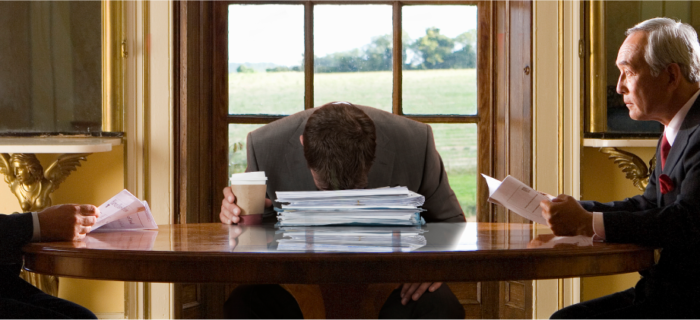 ">
">2 min read
Enforcement with a Capital E
“Get it in writing.” It is time-honored advice and e-gree certainly subscribes to it. Indeed, e-gree exists and was founded so that everyone can enjoy the legal assurances and piece of mind that comes with a carefully crafted contract. All without having to hire- and hand over large sums of money to- a lawyer.
The question that invariably arises about the e-greements created through e-gree is: “Are they enforceable?” The answer is yes. But the question (and its answer) highlights another key reason why e-gree was created. And that is to provide an alternative, not just to high-priced lawyers, but to an unworkable, unwelcoming legal system that seems to exist less to enforce these common types of agreements and more to ensure continued employment for the legal profession.
Lawyers always draft contracts “in anticipation of litigation.” This attitude underlies every contract drafting exercise because of the legal and cultural landscape we find ourselves living in. However, this current legal and cultural landscape did not arise naturally. Lawsuits are not a natural state of human behavior. Rather it is a phenomenon. One that, if not created by the current legal profession, has unquestionably been propped up and perpetuated by it.
The ostensible reason lawyers draft contracts in anticipation of litigation is to avoid litigation. The aim being to anticipate any possible conflict and provide for such conflict in the terms of the written agreement. However, such contracts sadly seem to have the opposite effect. Research of court filings have shown that lawyer-drafted contracts are three times more likely to be litigated than contracts drawn up by the parties to the contracts themselves. The reality appears to be that drafting contracts in anticipation of litigation is an exercise in self-fulfilling prophecy.
And it just snowballs from there. Lawyers, guided by their experience, draft contracts in this way precisely because they do anticipate litigation. Moreover, when a dispute does arise, lawyers, guided by their need to make a living, regularly counsel their clients that the agreement should be litigated. The result is the current legal system, culture, and landscape. It is one that the current legal system has either established, crafted, or at the very least, helped to bring about. It is certainly one that the legal profession feels professionally obligated to maintain.
At e-gree, we believe that people weren’t born litigious. Rather, they become that way after years of abuse in the form of this “litigation lobby” that has inundated our culture and society with its message. So, our e-greements are not created “in anticipation of litigation.” In fact, think about how unnatural that would be in our context. Why would two individuals without lawyers consider drafting agreements in anticipation of litigation? The only person who would want to anticipate litigation is a lawyer.
Instead, e-gree provides e-greements that, along with our users’ help, are created “in anticipation of cooperation” and “in anticipation of completion.” The relevant content required for valid enforceable agreements is present, of course, but the focus at e-gree is on the parties and their true, original purpose for contracting: Each person’s natural right and innate need to connect, engage and interact with others for the purpose of contributing their skills, expertise and property to a properly functioning society and culture.
As far as resolving disputes that may arise, an aggrieved party to an e-greement can certainly go to court. But doing so means accepting- and paying for- the built in litigation-centric mindset that comes with it. With its own dispute resolution process, e-gree seeks to overcome and replace that mindset while providing participants with a full fair hearing of their dispute.
Again, the focus is on the parties. But consideration is also given to the broader cultural impact that legal disputes have. The e-gree process includes and welcomes broad community expertise and input. Publication and disclosure of relevant aspects of the dispute are central to a fair resolution. Also key to full resolution and enforcement are fund raising campaigns related to any ultimate compensation deemed to be paid to an aggrieved party.
Over time, the e-gree system would replace the current litigation model that has sadly been drilled into our consciousness. Ultimately, e-gree users existing and operating within the e-gree platform will not concern themselves with whether an e-greement is enforceable. At some point, it would simply not be a question that would even enter one’s mind. Of course it is enforceable. Not because there is an enforcement mechanism (even though there is), but because all e-gree users exist within a social and cultural fabric where that enforcement mechanism exists as a natural extension of the true purpose for contracting, namely this desire to interact, connect and engage on a human level within the community. One day, perhaps our grandchildren will read in history books and be astonished to learn about a time when people actually sued one another.
e-gree is famous for clear, concise, straightforward agreements. Yes, they will indeed “hold up in Court.” However, they can do much more. Created as they are by and for a legal community dedicated to a community of cooperative legal contracting, they can and will be held up as the first successful examples of a re-imagined legal process and a “just plain better” legal system.









